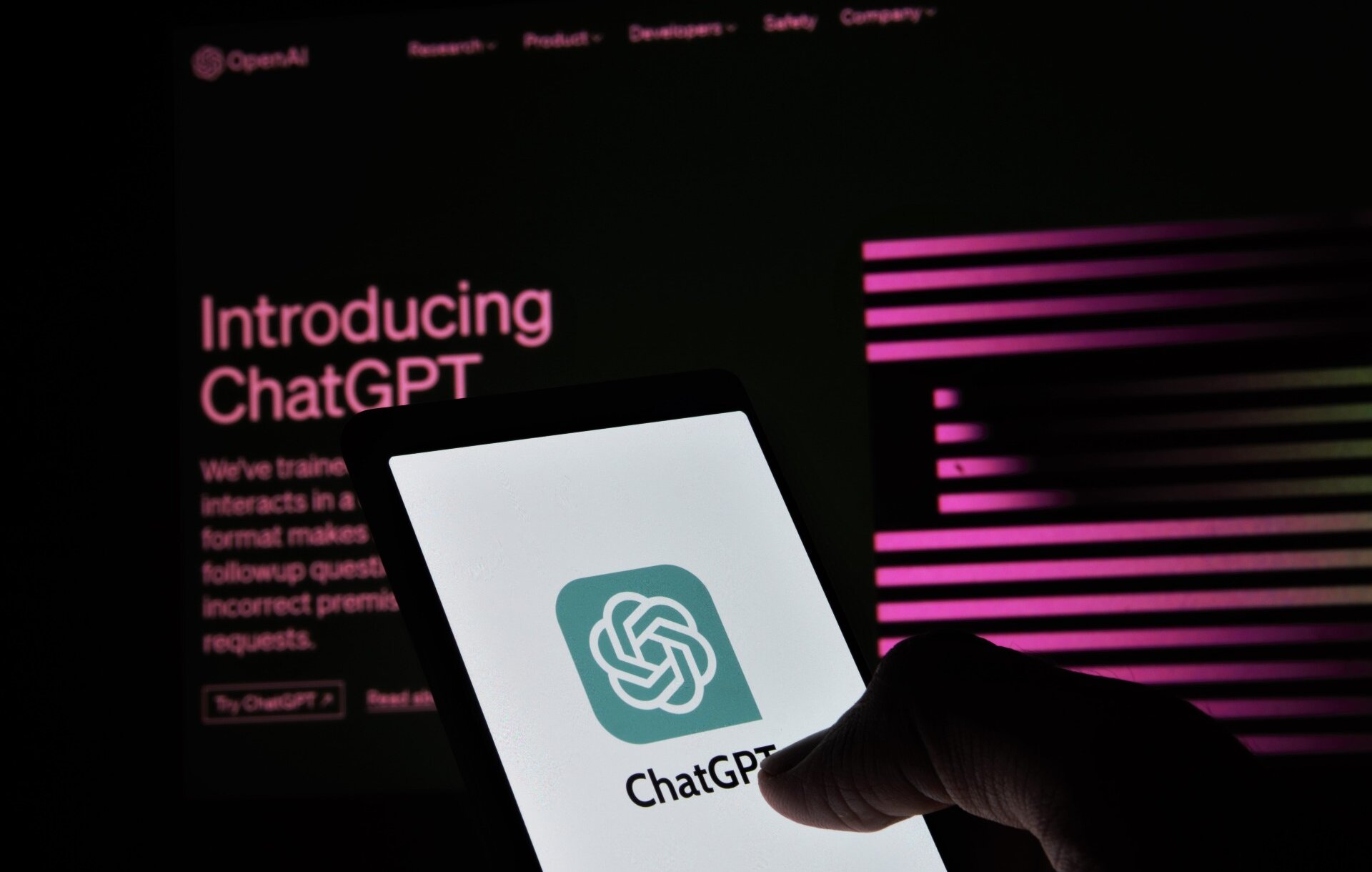This website uses cookies so that we can provide you with the best user experience possible. Cookie information is stored in your browser and performs functions such as recognising you when you return to our website and helping our team to understand which sections of the website you find most interesting and useful.
How Human Emotion Still Matters
Artificial Intelligence continues to dominate the digital narrative in 2023. Whether browsing on social platforms or debating the latest industry trends – it’s now rooted deep within much of the marketing, digital and creative conversations we partake in. Regardless of whether it’s met with anxiety or interest, it’s undeniably a powerful tool which proves to work effectively across multiple industries – particularly in the development of content.
Many disciplines now worry about a version of their own career pathway, where AI has rendered their role redundant. It’s understandable – the thought of a machine generating ‘high quality’ content in seconds could signal disaster to those in the creative industries.
But from a different, more rational perspective, there’s a huge upside and incredible potential to AI’s abilities.
Marketing and creative budgets are always the first line item to be put under scrutiny, and this, coupled with agencies looking to deliver the best possible value and/or use of time to their clients, means there is always space for efficiency tools.
Here is where the vast new network of generative AI platforms step in.
Covering such a wider plethora of business functions, introducing AI into operational workflows can positively benefit a variety of tasks.
Similar to Marketing fan favourites such as Google Analytics – AI has the potential to become a valuable tool for boosting performance. We can use it to aid our imagination and initiate the first step towards a great idea. Looking to write an article on a foreign concept within a two-hour time limit? Prompt a chatbot with an effective query and watch as it produces the foundation for a detailed piece of writing, calling on infinite sources* to provide credibility and clarity.
*Each AI chatbot has been built using slightly different datasets to learn from. Be cautious when interacting with them.
Artificial Intelligence + Human Lens = Success
However, keep in mind this is only a starting point. It is only successful when vetted and extrapolated by the human brain. The purpose of the content remains a priority, and time constraints should still allow for that critical sense check. Artificial Intelligence generates material through analysing the content, language, and tones of other data. It lacks an understanding of your specific brand and tone of voice. It lacks the understanding of human emotion and experience. Insight that you have earned through hands-on experience.
As society is now highly attuned to the capabilities of AI. Content that is raw from an AI generator is often easily recognised and can have detrimental effects on a brand. Differences in vocabulary, tone, grammar and ‘brand-isms’, are quickly identifiable to loyal audiences and can cause a feeling of disconnection.
People resist the idea of being consumers. They crave to be part of a community. When messaging lacks thought, sincerity or seems impersonal, they withdraw. They seek alternative communities that value genuine interactions and honest, human communication.
This is why we must view AI in marketing as a convenience and efficiency tool rather than an end-to-end solution.
Is AI in marketing a new concept?
Despite the explosion of debate around AI in marketing during these past 12 months, leveraging machine learning is far from a new concept. Artificial Intelligence has been a cornerstone within marketing strategies for some time. It often takes the form of an insights tool rather than providing ‘conversation’ in a personified format.
Those of us who use social platforms are well aware of their in-built algorithms. Their ability to recommend us content relevant to what we find interest in, has been around for some time -particularly notable within TikTok’s ‘For You’ section. These AI systems offer us a greater browsing experience, cutting through the noise to serve us exactly what we’re likely to engage with. Facebook was the first to introduce an algorithm with EdgeRank in 2009 in order to combat ‘low quality’ content filling the platform.

AI and Google Ads
Another example is through Google Search Ads, which heavily rely upon AI to understand nuances and context within search queries. Drawing from a vast database of billions of results, the intelligence of Google’s algorithm far outweighs our own synaptic capabilities.
Google has taken this one-step further in recent years by introducing Responsive Search Ads. By analysing user intent and keywords, the platform uses AI to serve a ‘bespoke’ ad believed to be most relevant to a searcher’s needs, using the most relevant combinations of titles and descriptions. This allows Google to deliver extra value to users while making the ad creation process easier for marketers.
Yet – this is only the beginning for AI and Google Ads. Innovation accelerates in line with the rapid growth of chatbot-style platforms. Recently, Google Marketing Live 2023 introduced the use of conversational style ad development to be launched within the upcoming months. Users will be able to ‘ask’ Google for ideas on headlines, descriptions, images and other assets to better their ad quality within the ad’s platform, to maximise performance.
In addition to this, Google are already introducing generative AI to automatically create assets in Search Engine Results Pages and Performance Max. This will enable headlines and descriptions to transform into colloquial copy which directly matches searches. As explained by Google:
“If a user searches for “skin care for dry sensitive skin”, your ad will be able to show original, AI-generated headlines that draw from your landing page and are even more relevant to the query, such as “Soothe Your Dry, Sensitive Skin”
Will Google be able to match our brand’s true essence with its automatically generated assets? It’s a question that can only be answered as the new processes are rolled out. However, with current AI generators, the knowledge of a brand and business is limited. It may never be possible to perfectly replicate the personality that consumers build those more human connections with.
Compare below “Why AI in marketing requires a human approach.”
Human written content
“However, keep in mind this is only a starting point. It is only successful when vetted and extrapolated by the human brain. The purpose of the content remains a priority, and time constraints should still allow for that critical sense check. Artificial Intelligence generates material through analysing the content, language, and tones of other data. It lacks an understanding of your specific brand and tone of voice. It lacks the understanding of human emotion and experience. Insight that you have earned through hands-on experience.”
AI written content
“Emotions help us to understand each other. When we interact with others, we use our emotions to understand their intentions, motivations, and needs. This is essential for building trust and rapport. AI systems that lack the ability to understand emotions will have difficulty interacting with humans in a meaningful way.”
Share this

